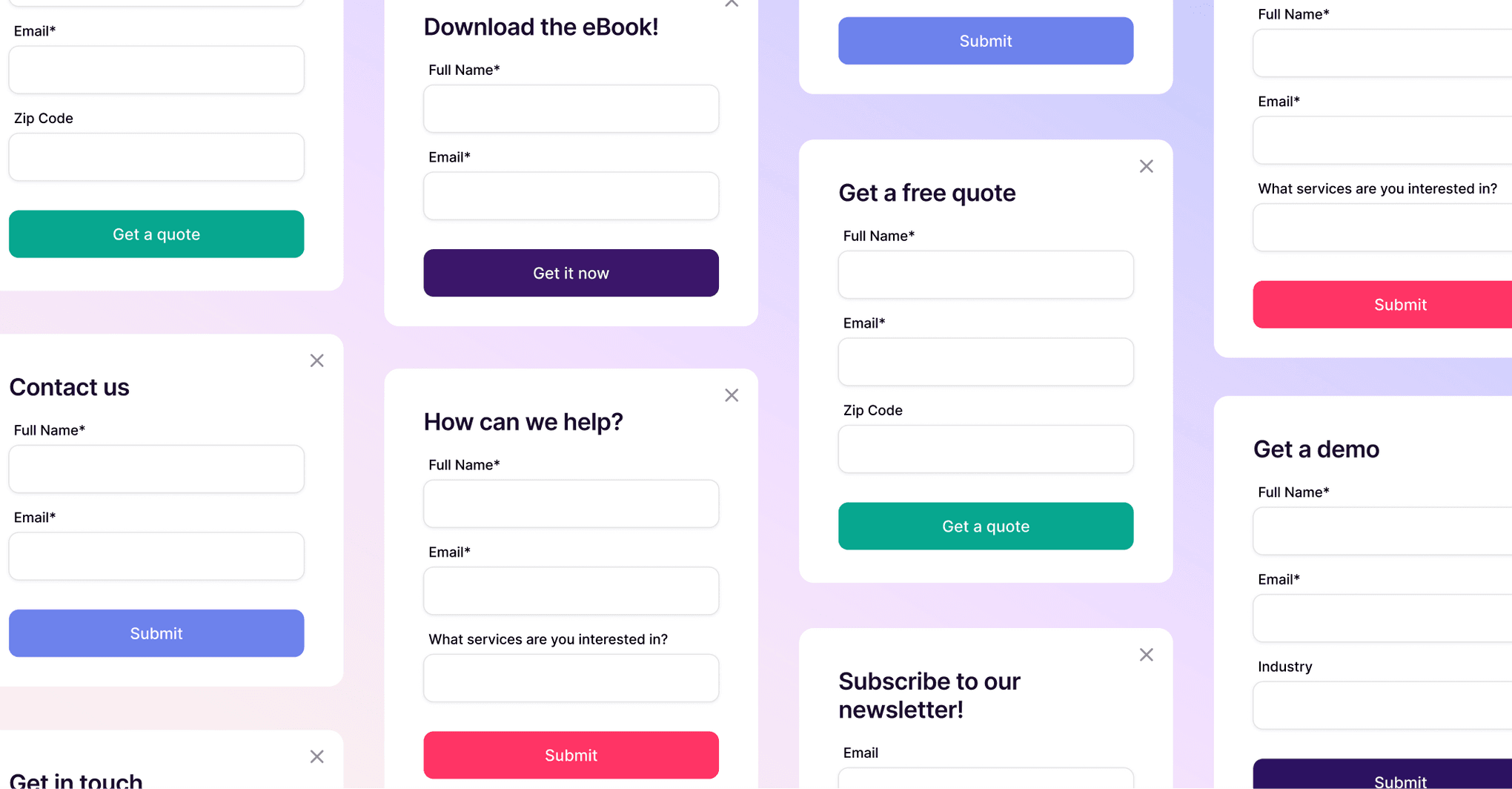Kayla Lee
Contributor
The real estate market is on a steady climb back up from the pits of the latest recession. Home prices are expected to rise by nearly 6% by 2020.
Real estate’s health is welcome news to realtors, but here’s the thing: the growing market won’t mean a thing for any realtor that doesn’t develop a strong pipeline of prospective buyers.
As a realtor, every stage of your pipeline is dependent on the connections and prospective buyers in the location where you’re licensed. But what happens when it’s time to move somewhere new?
Getting started in a new city is no easy feat—especially when you’re a realtor whose livelihood is dependent on connections and prospects within that location. In this post, we’re going to cover some of the best strategies for getting started in a new place as a real estate agent.
1. Plan ahead.
It’s always easier to get started in a new city if you’ve done your homework and made a plan before you arrive. Let’s take a look at some of the top ways you can prepare for your move.
Build a social presence.
Ninety-one percent of realtors use social media to some extent. Plus, millennials are now 66% of the first-time home buyer’s market. If there was ever a good time for real estate agents to be active on social media—it’s now.
- Update your social media profiles. If you know your move date, publish that on your profile bios or in the about section.
- Use your current social media follower base to ask for referrals and connections to people in your new city. Send out a friendly message to your entire Facebook network. Keep it short, simple, and friendly. Something like:
- Hi! I just wanted to let you know I’m moving to New City. If you didn’t know, I work in real estate—so I’m looking to connect with people in [New City]. Do you know anyone there?
- Start building a following in your new destination. You could start using the #newcity hashtag on your Facebook, Instagram, and LinkedIn posts. Maybe try looking for social media groups that cater to those cities. For example, when I moved to Boston for college, I joined a Facebook group for college students looking for roommates/apartments.
- Get people to opt into your email list. You can run a giveaway contest on social media for your new city. (One way to do this: Set up a free MailChimp account. Then, create an email signup landing-page.)
- To drive traffic from your social media accounts to that signup page, you need to give followers a reason to join. For example, you might hold a giveaway, where you tell followers to sign up before your move date to win a gift card.
2. Get out and shake hands.
Even traditional means of networking (a.k.a. shaking hands) are made simple by technology. Because of social media platforms and others like Meetup and Swipe, it’s easier than ever to find groups that might help you get a foot in the door in your new city.
- Start with your social networks and LinkedIn groups. Check to see if they meet in your city. Request to join new groups relevant to your new location.
- Join traditional networking groups like the local Chamber of Commerce, Lions Club, BNI, fitness clubs, and other city institutions.
- If you’re in a larger city, you can use the Meetup app to create your own networking group or to find other groups in your area. These don’t necessarily need to be business or real estate groups. For example, there are lots of groups organized according to interest. Maybe join a hiking group—you can connect with like-minded folks who may need a house sooner or later.
3. Learn some tech hacks.
There are all sorts of new technologies out there that can help you make new contacts in your new location.
Email tools
Email still has higher conversion rates than social media and SEO, and 88% of mobile phone users check email regularly on their phones.
There are several email tools you can use to get the email addresses of people you’re interested in meeting. Maybe you want to connect with commercial property owners, business owners looking to expand, or even other realtors who you could partner with.
Hunter.io is an excellent tool for getting an email address. All you need to do is have the person’s first and last name, along with their company’s domain name or URL.
For example, if you want to email Ben Bates and 123Company.com, you’d visit the hunter.io dashboard and type in Ben’s full name and the URL (123company.com). Then, hunter.io will give you Ben’s email address based on a series of ping tests.
Digital ads
If you want to reach more people than your connections on any social media channel, then you can run an ad campaign targeted at hyper-specific audiences. For example, you could run a Facebook Ad campaign to just people in your new city.
You could even run a Facebook Ad campaign to people in your new city who have recently viewed Trulia.com, Apartments.com, Zillow, or any other real estate site. You can also refine audience by people who are house hunting like this:
Pro-tip: Check out this complete guide to Facebook Ad Targeting to get started with a hyper-targeted campaign.
Enticing open houses
Instead of just inviting prospects to an ordinary open house, you can spice things up with a giveaway. Here’s how you do it:
- Buy a gift card—some realtors recommend giving between $50-100. Make sure you buy a gift card that people can use in your area (don’t buy a Starbucks gift card if there isn’t a Starbucks nearby).
- Create and print contact cards for your guests to fill out when they arrive. The contact card should ask for name, email, and phone number.
- Ask guests to fill out the contact cards for a chance to win your gift card. Drop the completed cards into a hat or bowl. Draw a winner.
- Put all of the contact information into a real estate CRM.
- Run a “thanks for attending” email campaign the morning after. You could even announce the winner during the email and ask interested parties to respond with any questions.

Pro-tip
Sell more 🏠
Learn how the best brokerages and real estate agents use CRM to manage relationships and tasks.
4. Research your new city.
It’s one thing to know the ins-and-outs of the neighborhoods, parks, and the historical sites in your new location. But, you need to go a few steps further. Research the people, businesses, and other agents in your new city.
- Offer to help the top agents at your new brokerage. Cover for them while they’re on vacation. Hold open houses for them.
- Call up the owners of “for-sale-by-owner” listings and ask if you can help them get their homes sold faster.
- Ask if you can buy leads from the best agents at your new brokerage for a share of the commission on any sales you make.
- Become a regular at local bars, coffee shops, and grocery stores. Get to know the people that work there—the other regulars. Ask the business owners if you can leave your business cards or post flyers.
- Ask if your new brokerage has any training programs for new agents. This is a great way to learn about a new area and also make connections with other realtors.
Time to make some new connections.
If you want to build contacts in a new city, you have to act fast—and early.
- Use social media and email marketing to build a pipeline before you land in your new location.
- Partner with top agents at your new brokerage, help them, and they’ll help you in return.
- Make sure you’re keeping track of all your new leads in a CRM like Copper so that you can follow up and stay in touch with valuable contacts.
What advice would you give to an agent looking to establish connections in a new city?






